Category: art
-
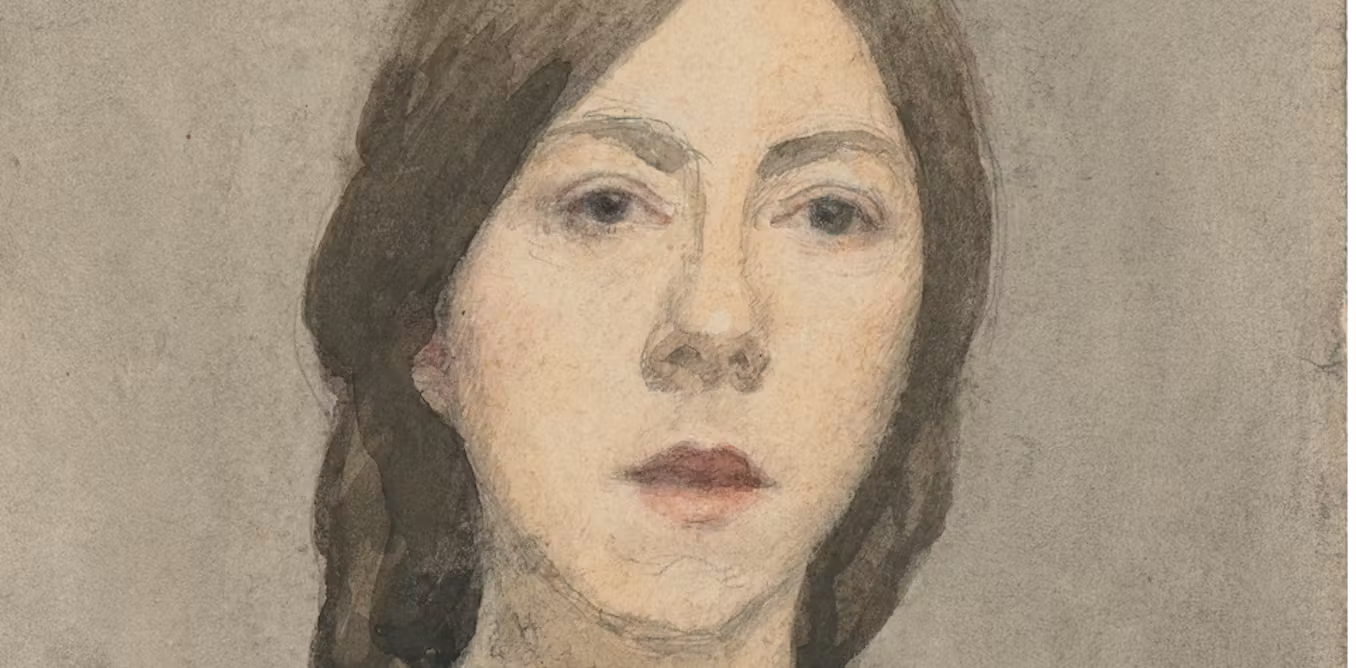
Three faces of Gwen John
I’m looking forward to seeing the big Gwen John exhibition at National Museum Wales in Cardiff. Few people now ask ‘Who is Gwen John?’, though it’s taken more than half a century for the world to catch up with Augustus John’s reported assessment of her work after she died in 1939: ‘in fifty years’ time…
-
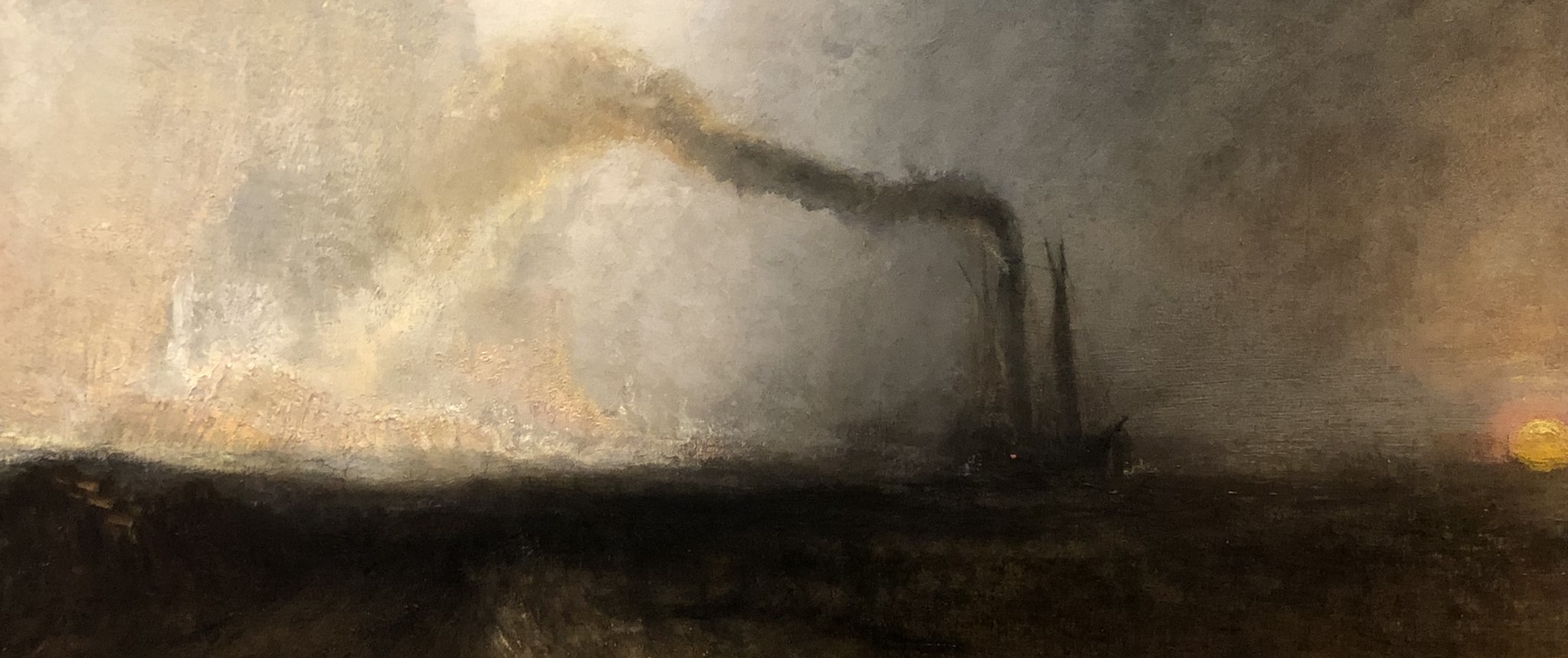
Turner and Constable
At Tate Britain is an exhibition that’s received a great deal of critical praise. That’s surprising, in a way, because it features two of the stalwarts of British art, whose works are familiar enough to most art lovers: J.M.W. Turner and John Constable. What’s attracted attention about the show is its juxtaposition of the two…
-
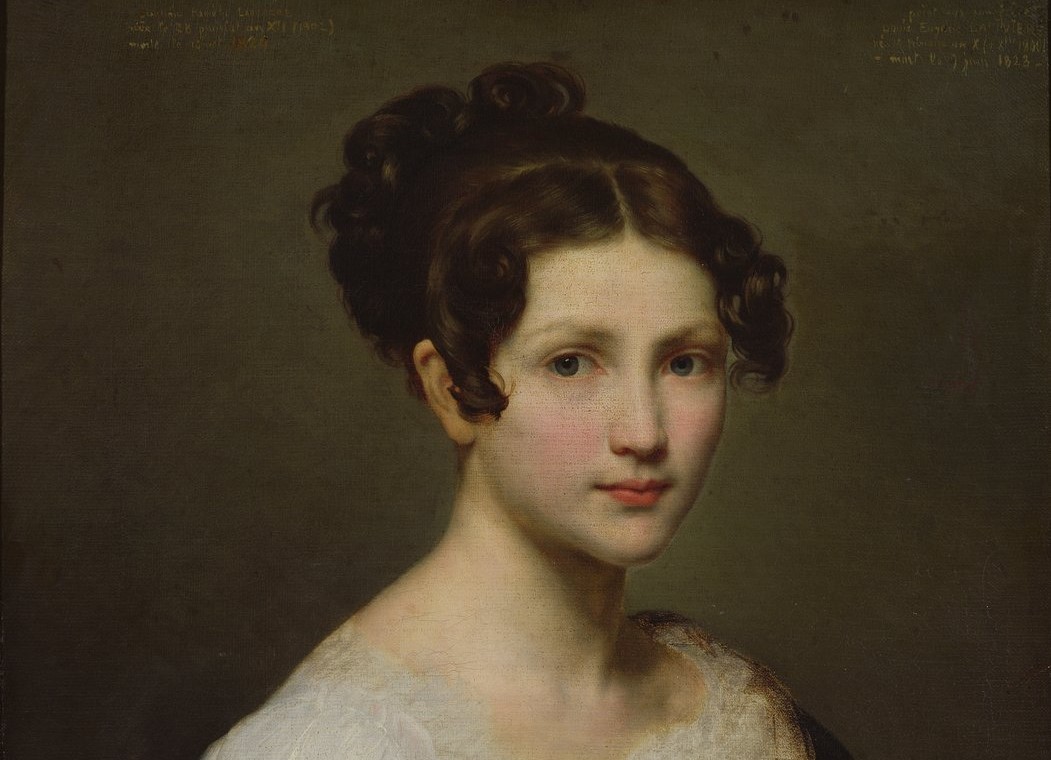
Imaging Fanny Price
Mansfield Park isn’t, I suspect, the favourite novel of Jane Austen of those who value her for her cutting wit and comforting social outlook. Because, though not without its share of humour, it’s a far from comforting work. It asks questions about how people of strong convictions but introverted character and uncertain social status can…
-
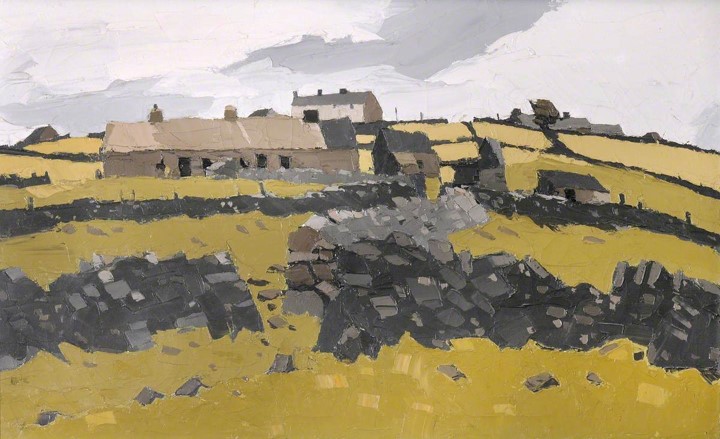
Kyffin in Bangor
This is the edited text of a public talk given in Bangor University on Wednesday 19 November 2025 about the eleven oil paintings by Kyffin Williams housed in the University. The talk was followed by a guided tour of the paintings. Diolch am y gwahoddiad i ddod i’r Brifysgol, a’r cyfle i siarad am artist…
-
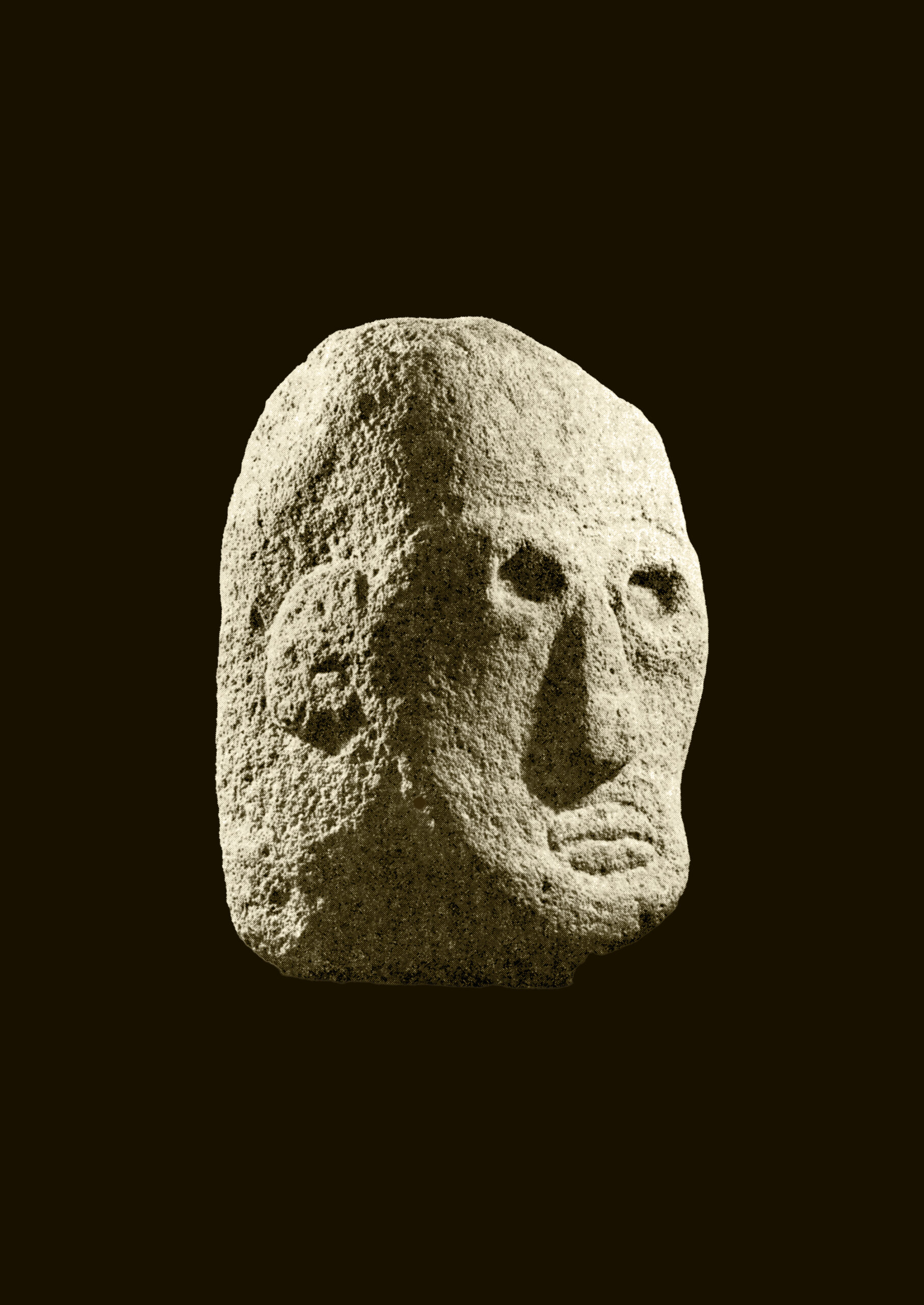
Things from Carmarthenshire
We’ll call him Dai Stoneface. He stares out at us with dark, gouged eyes. Someone has flattened his nose in an ancient fight, the same with the ears. Could he have been a professional boxer? Even the mouth is belligerent, the narrow lips drawn together in grim silence. As someone said, you‘d feel nervous if…
-
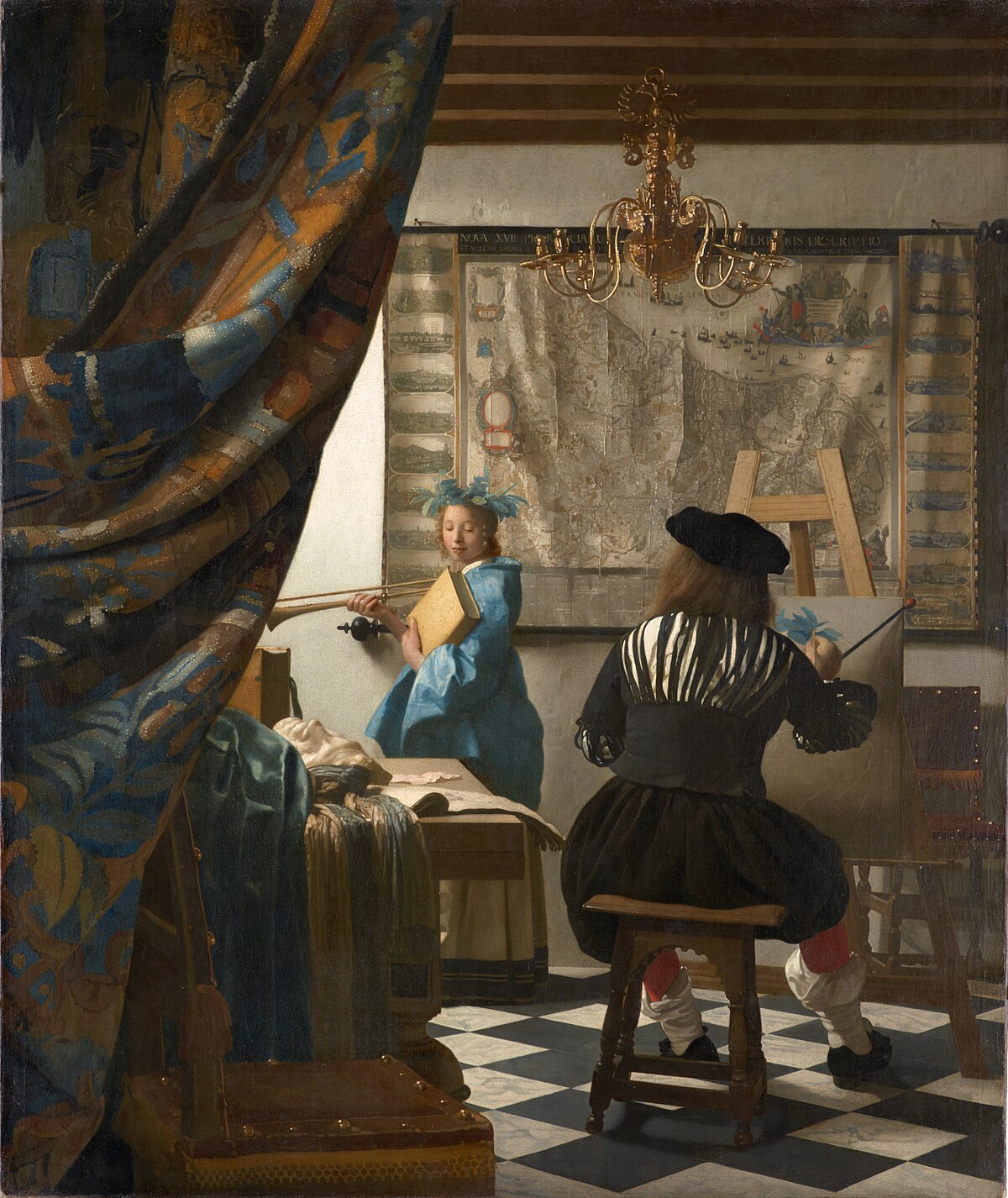
The artist from behind
What’s happening when artists choose to portray themselves in their work? The self-portrait was an invention of the Renaissance, but it’s just as common today, in painting (Jenny Saville’s work, now on show in a big retrospective at the National Portrait Gallery, is a striking example) and in many other forms. Perhaps the most famous…
-

The Tower of the Nets
How many Swansea people, when they stroll along the sea wall past the Observatory (the Tower of the Ecliptic) in the Maritime Quarter stop to look closely at the diminutive building that sits on its own on the other side of the path? (I say ‘Observatory’, but that building ceased to be the home of…
-

Tigers and dragons
What connects the histories and cultures of India and Wales? As it turns out, a complex nexus of links that have intertwined for centuries and continue to do so today. This is the theme of Tigers and dragons, a truly ambitious exhibition in the Glynn Vivian Art Gallery. It’s a great visual feast for the…
-
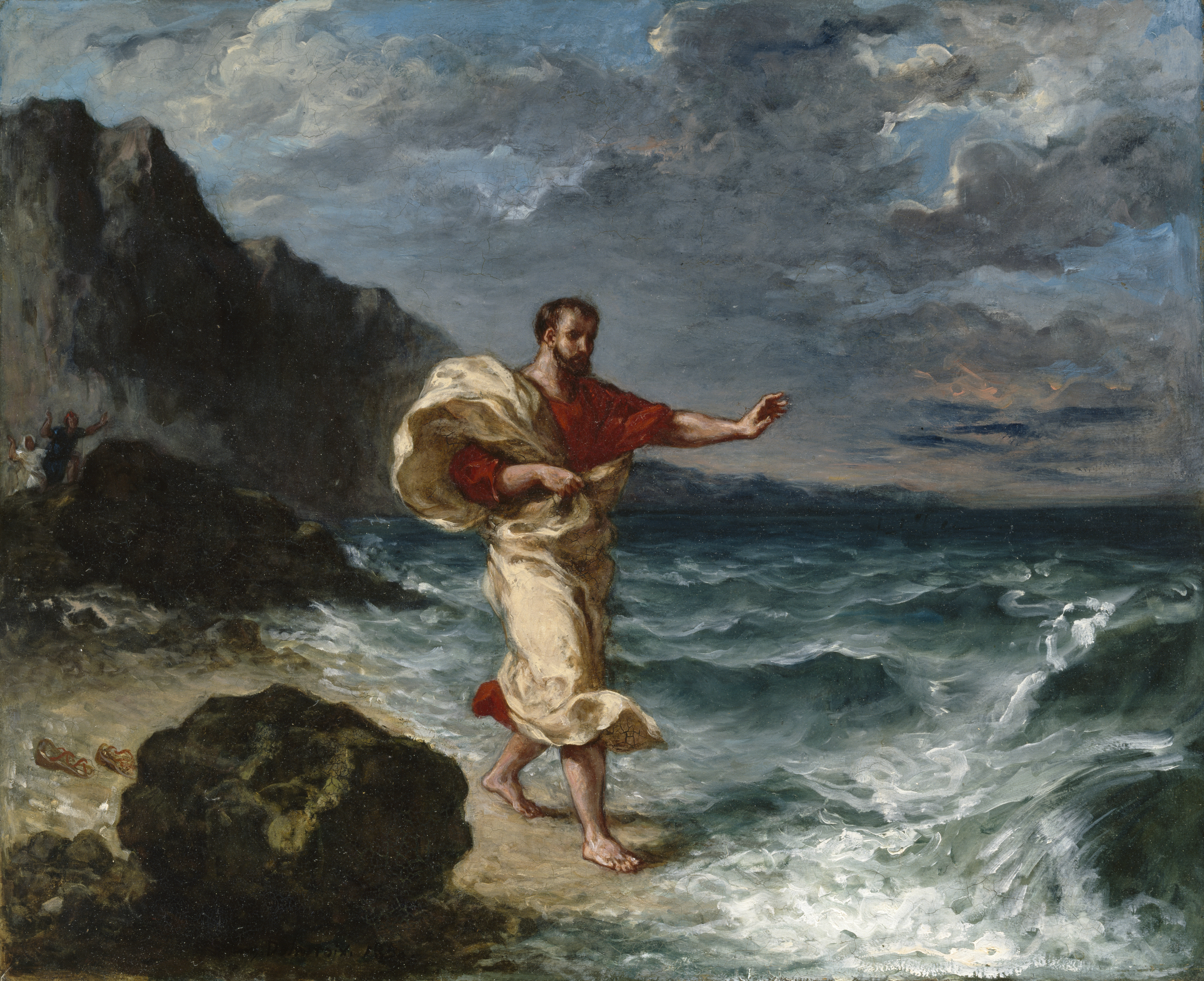
Goodbye, Paul Durcan
When the news came recently that Paul Durcan had died, I pulled from the shelf my copy of his sequence of poems, Crazy about women, published by the National Gallery of Ireland in 1991. They’re all inspired by paintings in the Gallery’s collection. Some of the poems are long, some short; some playful, others penetrating…
